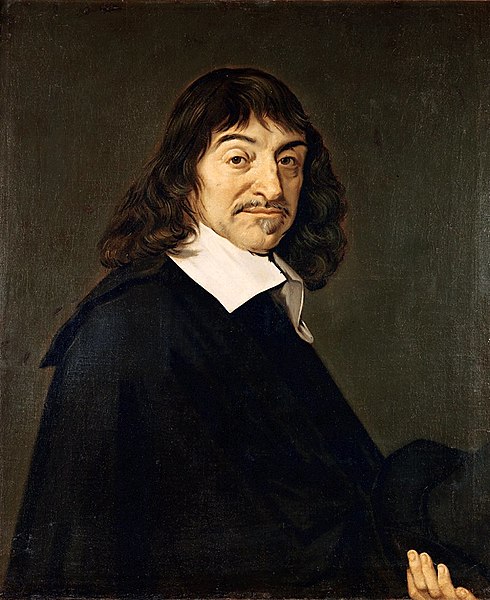Descartes’ Oven
On the night of 10 November 1619, the 23-year-old René Descartes, a soldier in the army of the Duke of Bavaria despite being a Frenchman, was stationed in Neuborg on the River Danube. It was bitterly cold and Descartes, a slight man sensitive to the cold, sought escape from the wind by sleeping in an oven. Later writers have questioned if he really meant an oven, arguing that he was referring to a room that was heated by an oven. After all, there aren’t that many ovens that a grown man can comfortably fit into. However, what happened next suggests that Descartes might have meant exactly what he said. For in this dark space, cut off from the rest of the world, he had a series of three dreams that proved formative of his future intellectual life. In these dreams, he believed a divine spirit had shown him the secret of analytical geometry – the Cartesian system we use today – as well as revealing that all that is true is joined together. Thus by finding one certain truth, he could go on to reveal all truth. It was not long after these visions that Descartes formulated the basis of his method of philosophy, the certainty that “I am, I exist”. As to the importance of the oven, Descartes, with his knowledge of Plato, would surely have seen its dark embrace as the modern restatement of the Cave from which Plato ascends to true knowledge of the eternal forms.

0 Comments